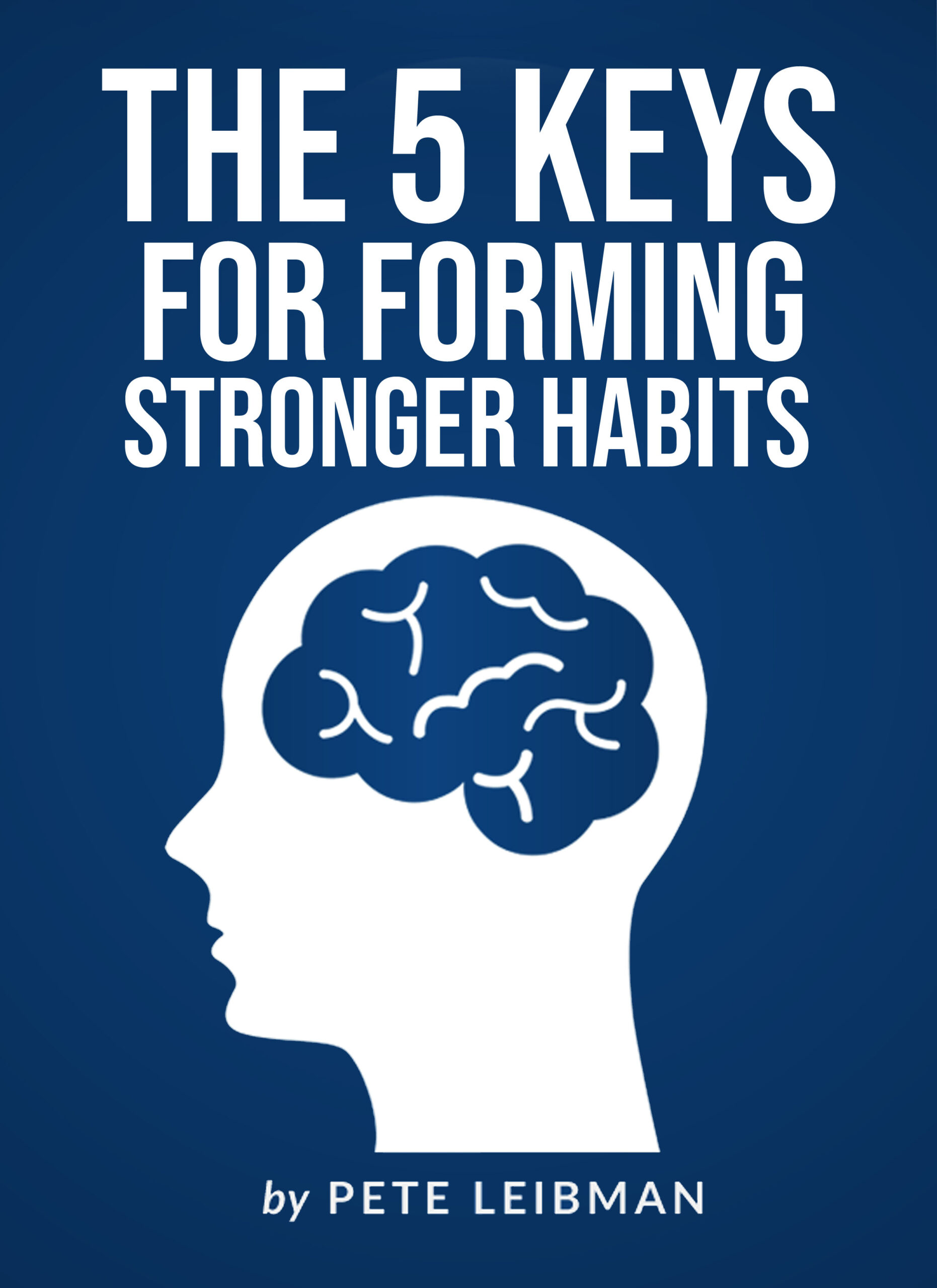
I once worked on a business venture for several years, even though a few mentors warned me up-front that it was a bad idea. They said that many other people had failed in trying to build a similar business. They also said that my target audience had very little money to spend on the service that I planned to provide. Each of these points was a fact.
My mentors did not deter me, however. I saw the lack of competition for my business as an opportunity, rather than as a red flag. I also had confidence in myself and thought my spin on this business would be different from others who had failed.
So, I launched my business. Progress came slowly, but I persevered for several years. Along the way, I developed a lot of valuable experience and skills and grew personally and professionally. However, the business never took off, and it started to take a toll on me. Eventually, I decided to shut it down and move on.
Reflecting on this experience years later, I don’t regret starting that business, and I also don’t regret shutting it down. My only regret is that I didn’t shut it down sooner. I held on for too long, in spite of mounting evidence that it would never take off.
The Perseverance Myth
We live in a world where perseverance is universally celebrated. Scroll through social media, and you will see plenty of motivational quotes encouraging you to keep going and never give up. For example:
- “Winners never quit, and quitters never win.” – Vince Lombardi, Hall of Fame football coach
- “Our greatest weakness lies in giving up. The most certain way to succeed is always to try one more time.” – Thomas Edison, American inventor and businessman
- “It does not matter how slowly you go as long as you do not stop.” – Confucius, ancient Chinese philosopher
Many motivational quotes give the impression that “quit” is the worst four-letter word of all. Apparently, one of the keys to success is to keep going, no matter what. This sounds great in theory, but is it really always the truth?
Before sharing my answer, let me emphasize my belief in thinking big and going after your dreams. In fact, that is one of the key messages in my first book titled I Got My Dream Job and So Can You.
However, there are times when you should quit. That is not as inspiring as someone telling you to “never give up,” but it’s the truth. Sometimes, we hold on for too long, like how I did with the business venture noted above.
Perseverance Is Not Always Brave or Smart
When we persevere in spite of any rational evidence to continue, we are usually seen as being brave and mentally tough. However, it’s not always bravery that keeps us going. Sometimes, we keep going because we are afraid.
Fear was one of the main reasons that I kept going with the business noted above for as long as I did. I was scared what people would think of me if I shut it down. Would they think I was a failure? Would they think I was a quitter? Would they think I was a hypocrite? Being the author of a book on going after your dreams definitely added some extra pressure.
In reality, I was pleasantly surprised to learn that no one really cared or thought less of me when I shut down my business. They were too busy worrying about themselves.
6 Questions to Ask Yourself
There are many times in life when we find ourselves at a crossroads with a career, relationship, or some sort of project or goal. When the answer is not clear whether to quit or keep going, ask yourself the following questions:
1. Why did you start in the first place?
It might be time to quit if you cannot remember why you started, if you did not have a strong reason for starting, or if circumstances have changed and your reason for starting is no longer relevant. On the other hand, you might want to keep going if you had a strong reason for starting, and that reason still applies.
2. How much time, money, and effort have you invested into making it work?
If you have already invested a lot of time, money, and effort, and it still hasn’t worked out, then maybe it is time to cut your losses before you go even deeper. On the other hand, maybe you really haven’t invested as much as you know you could. In that case, you might want to persevere.
3. How will your decision impact other people?
Your decision to quit or continue will probably impact other people, too. If a decision to continue would likely harm other people, then it might be time for you to quit. On the other hand, if a decision to quit would likely harm other people, then you might want to continue- even if that could be uncomfortable for you.
4. What is the opportunity cost of continuing, and what could you gain by quitting?
Every decision comes with an opportunity cost. Whether you quit or continue, you will have to say “no” to some other options. However, we usually only think about what we would lose if we quit. We fail to consider what we might gain by quitting.
If you think you could gain more by quitting than by continuing, then you might want to quit. On the other hand, if you think you could gain more by continuing, then you might want to keep going.
5. What is the upside of continuing, and what is the downside of quitting?
Another factor to consider is upside versus downside. If you do not see much upside for continuing, then it might be time to quit. On the other hand, maybe you see a lot of downside for quitting at this point. In that case, you might want to keep going.
6. If you knew you would succeed, would you keep going?
Sometimes, we want to keep going, but we quit because we don’t believe we can succeed. Don’t make that mistake. Put the idea of failure to the side for a moment and imagine what it would be/feel like if you succeeded. Does that excite you? If not, then it might be time to quit. If so, then you might want to keep going.
Summary and Final Thoughts
Should you quit, or should you keep going? If the answer is not clear, ask yourself the following questions:
- Why did you start in the first place?
- How much time, money, and effort have you invested into making it work?
- How will your decision impact other people?
- What is the opportunity cost of continuing, and what could you gain by quitting?
- What is the upside of continuing, and what is the downside of quitting?
- If you knew you would succeed, would you keep going?
We live in a world where perseverance is universally celebrated. However, it is naïve to think that you should always continue everything that you start.
Sometimes, the right answer is to keep going. Sometimes, the right answer is to quit. Other times, the right answer is a third option that you have not yet considered. As you think about whether to quit or keep going, don’t just think in binary terms. There might be a way to pivot or try something different, rather than quitting altogether or continuing with the status quo.
P.S. If you enjoyed this article, check out my free 40-page eBook and newsletter below.

Free eBook and Newsletter
Download my free 40-page eBook on “The 5 Keys for Forming Stronger Habits.”
You’ll also receive my free weekly newsletter on how to become your strongest self.
Your email is safe. Unsubscribe anytime.
About the author: Pete Leibman is the Creator of StrongerHabits.com. He is a best-selling author, keynote speaker, executive recruiter, athlete, and peak performance coach. His work has been featured on Fox News, CBS Radio, and CNNMoney.com, and over 500,000 people across the world have read his articles.

